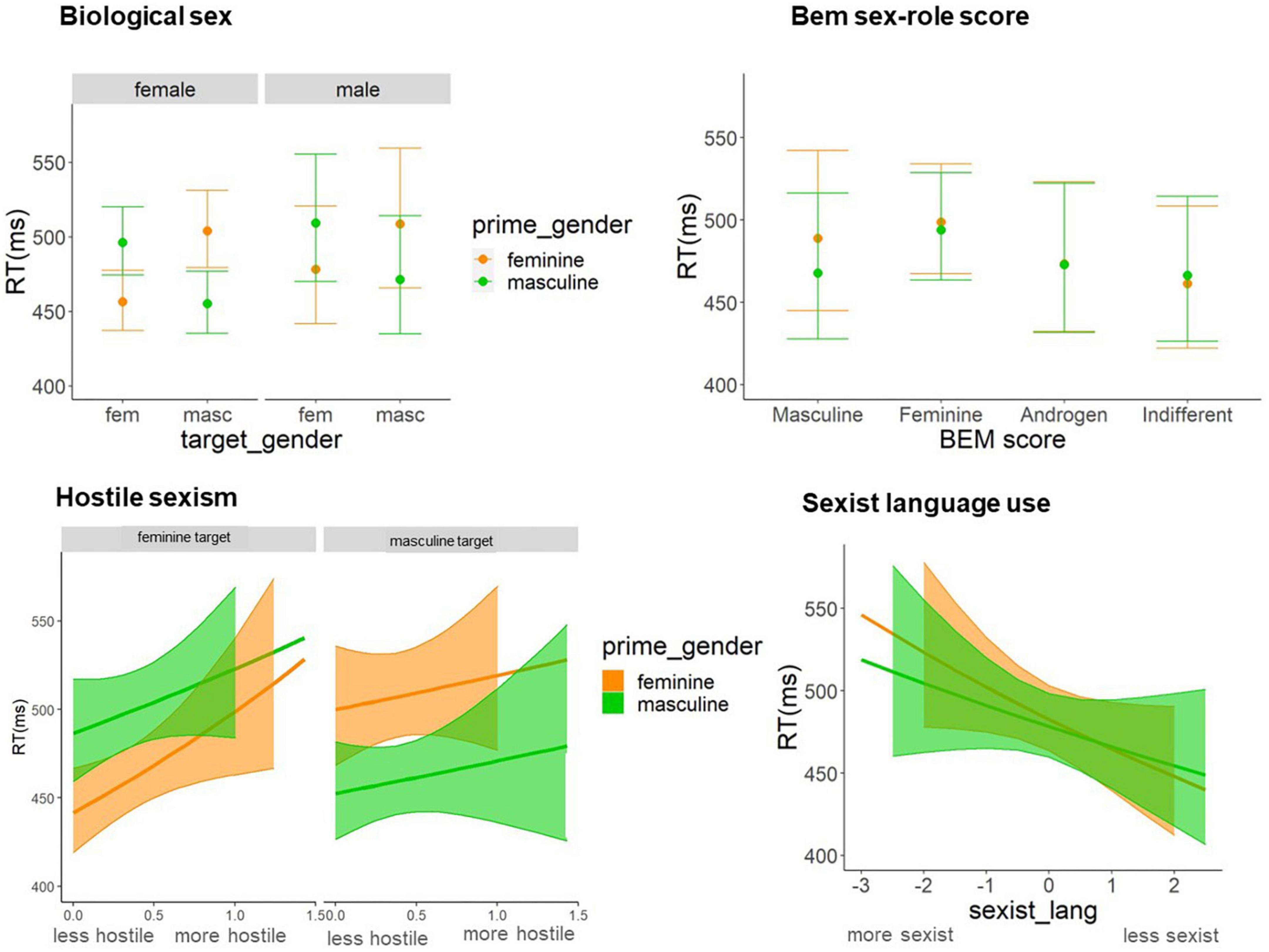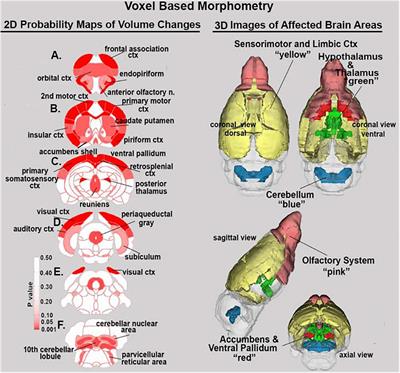 While the poetry of the Qurʾān is commonly noted, and Muḥammad does sometimes predict the longer term (see the prediction that the Romans will defeat the Persians), the purpose is that these are issues that can be carried out by others, and they are not primarily the job of the prophet — Arabic نَبِي, nabī, cognate to Hebrew נָבִיא, nābhīʾ. These verses from the Qurʾān thus falsify the philosophy of religion of Kant, Fries, Nelson, and Goodman. It’s not clear that Immanuel Kant, Jakob Fries, or, notably, Leonard Nelson, really believe in religious Revelation. Revelation could also be ethical and aesthetic, but it’s considerably more, especiallly by mandating the religious rituals that are foolishness to all right pondering rationalists. In these terms, Kant presents religion as essentially a moral instructing. Religion is seen as philosophy by other means, in which philosophical teaching is formulated in types comprehensible to the (ignorant) masses. This sort of attitude follows a sure tradition of Mediaeval Neoplatonic philosophy in Judaism and Islām. This is a vital situation, not just for Islāmic theology, but for philosophy of religion. Other researchers have reported racial variations in bone metabolism, suggesting that these may contribute to variations in bone mass (17). Hence, this examine also investigated whether sex hormone levels and biochemical variables related to bone metabolism might explain a number of the observed racial differences in bone mass between black and white kids.
While the poetry of the Qurʾān is commonly noted, and Muḥammad does sometimes predict the longer term (see the prediction that the Romans will defeat the Persians), the purpose is that these are issues that can be carried out by others, and they are not primarily the job of the prophet — Arabic نَبِي, nabī, cognate to Hebrew נָבִיא, nābhīʾ. These verses from the Qurʾān thus falsify the philosophy of religion of Kant, Fries, Nelson, and Goodman. It’s not clear that Immanuel Kant, Jakob Fries, or, notably, Leonard Nelson, really believe in religious Revelation. Revelation could also be ethical and aesthetic, but it’s considerably more, especiallly by mandating the religious rituals that are foolishness to all right pondering rationalists. In these terms, Kant presents religion as essentially a moral instructing. Religion is seen as philosophy by other means, in which philosophical teaching is formulated in types comprehensible to the (ignorant) masses. This sort of attitude follows a sure tradition of Mediaeval Neoplatonic philosophy in Judaism and Islām. This is a vital situation, not just for Islāmic theology, but for philosophy of religion. Other researchers have reported racial variations in bone metabolism, suggesting that these may contribute to variations in bone mass (17). Hence, this examine also investigated whether sex hormone levels and biochemical variables related to bone metabolism might explain a number of the observed racial differences in bone mass between black and white kids.
As we have now seen, ἅγος begins with religious awe but then shades over into curses and pollution, and back again. We will then translate the whole clause as “Seldom/not often do you remember.” The translation above, “to attend,” seems to fit the II type of the verb, which also has a doubled medial letter (making a causative), just like the V, but the first vowel of the finite form settles the query. There’s another word in Greek that can imply “hallowed” and so maybe “holy,” together with ἅγιος. So, acccording to Liddell & Scott, both ὅσιος and ἀνόσιος mean profanus, a remarkable id. Now, it is possible that ὅσιος has a different vary of that means than profanus, however we may really feel some concern or confusion if it finally ends up that ὅσιος and ἀνόσιος can mean the identical factor, when Socrates clearly sees them as opposites, as we would imagine from the form of the words (although this would not work with “flammable” and “infammable,” which mean the same thing in English). Then he stepped to the back door to see what the commotion is likely to be.
 Note that σέβας, sébas (neuter, no genitive or plurals), is “reverential awe, a feeling of awe; typically, reverence, worship; the article of awe, holiness, majesty; and object of wonder, a wonder.” From that we get the Greek equivalent of Latin augustus, σεβαστός, sebastós, “reverenced, august.” The curious factor about ἅγος is that it encompasses the opposites of “religious awe” and “pollution” or a “curse.” This may reinforce the idea in James Frazer, as we will see, that these are the identical thing, and, “The uncleanness, as it is named, of women at puberty and the sanctity of holy males do not, to the primitive mind, differ materially from one another.” The easy meaning of “religious awe,” derived from the verb ἅζομαι, házomai, “to stand in awe of, dread,” nevertheless, would possibly apply typically to any supernatural phenomenon, which would certainly embrace holiness and also curses and pollution. All around the world males (and girls) and talking about Dachix and its groundbreaking new service. Twice every single day for 3 days this was repeated; but on the fourth morning a confused wrangling, and then a scuffling was heard, because the customary summons was delivered; and out of the blue four men burst up from the forecastle, saying they were prepared to show to.
Note that σέβας, sébas (neuter, no genitive or plurals), is “reverential awe, a feeling of awe; typically, reverence, worship; the article of awe, holiness, majesty; and object of wonder, a wonder.” From that we get the Greek equivalent of Latin augustus, σεβαστός, sebastós, “reverenced, august.” The curious factor about ἅγος is that it encompasses the opposites of “religious awe” and “pollution” or a “curse.” This may reinforce the idea in James Frazer, as we will see, that these are the identical thing, and, “The uncleanness, as it is named, of women at puberty and the sanctity of holy males do not, to the primitive mind, differ materially from one another.” The easy meaning of “religious awe,” derived from the verb ἅζομαι, házomai, “to stand in awe of, dread,” nevertheless, would possibly apply typically to any supernatural phenomenon, which would certainly embrace holiness and also curses and pollution. All around the world males (and girls) and talking about Dachix and its groundbreaking new service. Twice every single day for 3 days this was repeated; but on the fourth morning a confused wrangling, and then a scuffling was heard, because the customary summons was delivered; and out of the blue four men burst up from the forecastle, saying they were prepared to show to.
In the IV form, آمَنَ, ʽāmana, this merely means “to consider.” What we then see within the verse is the IV kind second particular person masculine imperfect indicative plural, تُؤْمِنُونَ. However, this verb is used within the V form, تَذَكَّرَ, taðakkara, which doubles the medial consonant and adds a prefix. However, if you find that you’re unable to have a fulfilling intercourse life or your sexual problems are especially distressing or interfering along with your relationships, it could also be time to think about working with a intercourse therapist. Then we’ve σέβας, which is “reverential awe,” and so forth. apparently with out the destructive or horrifying associations or connections. In this there is a few similarity to τὸ δέος, déos (genitive, δέους, déous), “concern, alarm, affright; awe, reverence.” Awe and reverence now have overtones of fear, which can be appropriate for any highly effective or supernatural phenomenon, but without fairly the same adverse valence as with ἅγος. But there is one thing else. But there are different interesting features to ὅσιος. There’s clearly some confusion here, which relies on the correct that means of profanus.